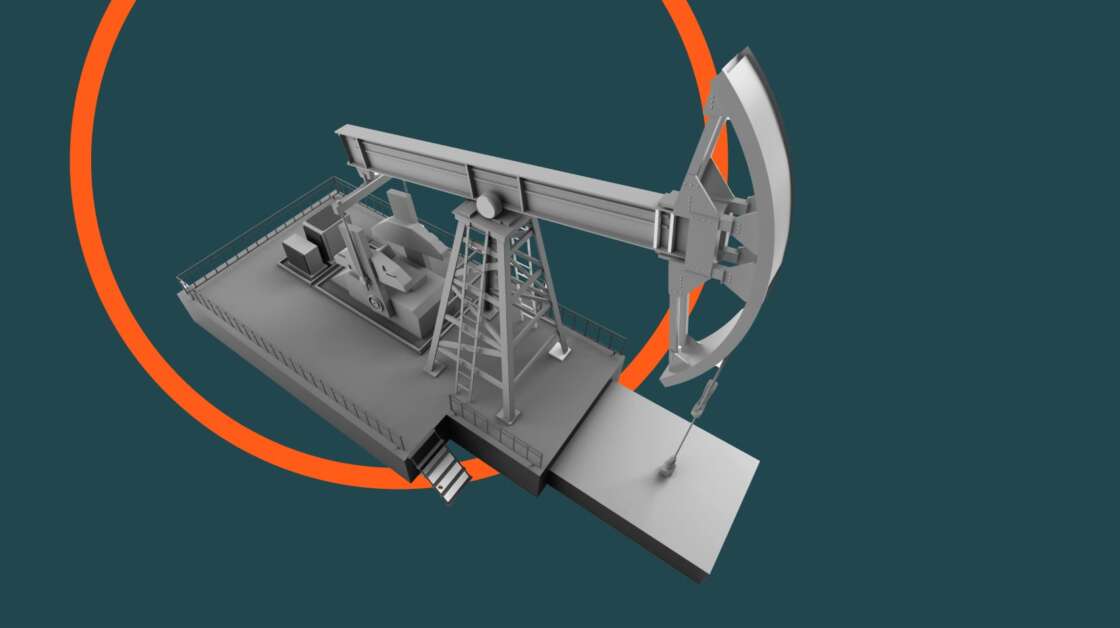Stop Leaving Money on the Table: How to Allocate Joint Operating Expenses More Accurately and Efficiently

For most oil and gas companies, the allocation of joint operating expenses is a burden. Manually allocating expenses takes too much time, introduces too many errors, and makes it notoriously difficult to accurately recoup all of your expenses. These challenges are complicated – but not unsurmountable.
Allocating joint operating expenses is complex – but covering the costs is expensive
Allocating expenses for every working interest partner across every well, every piece of equipment, every vehicle – it’s incredibly complex. It’s not surprising that many operators, especially at smaller or mid-sized organizations with limited resources, simply give up. When it takes so much time and energy to accurately allocate expenses, and you’re facing the scrutiny of potential audits, it can seem easier to just cover the costs yourself.
Doing so, however, leaves a significant amount of money on the table. That’s why many businesses attempt to allocate joint operating expenses, even though it isn’t easy. Accounting teams rely on tools like Excel to track and calculate allocations, but spreadsheets weren’t built to handle the complexity of joint operating expenses. The manual calculations become tremendously time consuming, which is not the best use of your employees’ time, and introduce a high risk of human error, which is problematic for partner audits.
Traditional ERP solutions offer a better option, but they have limitations as well. Most tools only allow you to allocate once, from one layer to another, and only provide basic options for ingesting and reporting on data. Most also fail to connect to the field, so production data must be entered via a separate process – which again, takes too much time and is too prone to mistakes.

The answer: allocating joint operating expenses in a modern, SaaS ERP system like W Energy. In addition to the many benefits of a SaaS platform in general, W Energy delivers tangible advantages to the expense allocation process. Perhaps most importantly, production data is integrated into the system. That means no more manually porting over numbers; every data point from the field is automatically allocated as it comes in. That’s a huge win.
The W platform also provides the flexibility to allocate based on different use cases. You can allocate by production volumes, allocation percentage, vehicle mileage, and more. Because the data comes into the system automatically, you never have to wait to get those numbers from the field. Production data goes into the app immediately, so your bills can go out – and you can get paid – on time.
Modern ERP systems like W Energy support multi-tier expense allocation as well. The system can process multiple layers of data to trace allocations back to the source transaction. Instead of hunting for the original invoice that needs to be allocated, the source transaction is automatically stamped in the system and carried through the entire allocation network. This makes reporting and audits seamless; every step of every allocation is accurate, visible, and up to date.
Allocating joint operating expenses will never be simple, but it can be streamlined. With an integrated ERP platform like W Energy, oil and gas companies can recover costs from more working interest partners, more quickly, efficiently, and accurately. Boost your bottom line, gain time back in your day, and pass every audit – that’s the power of automating the allocation of joint operating expenses with W Energy.

Author: Casey Harrison, Senior Manager, Solutions Engineering
Casey brings over 15 years of Oil and Gas experience as an Asset Manager and Landman, working with institutional funds, family offices, and endowments. Prior to joining W Energy Software, Casey was on the management team for a royalty acquisition fund responsible for the management and deployment of $500M in energy assets. At W Energy, Casey supports our clients by leveraging her experience to solve our customers problems and is committed to ensuring they get the best product and service in the industry. Casey holds a degree in Finance from TCU.
Connect with her on LinkedIn.

Subscribe to Our Insights
Be the first to access blogs, case studies, videos, and more from our experts.